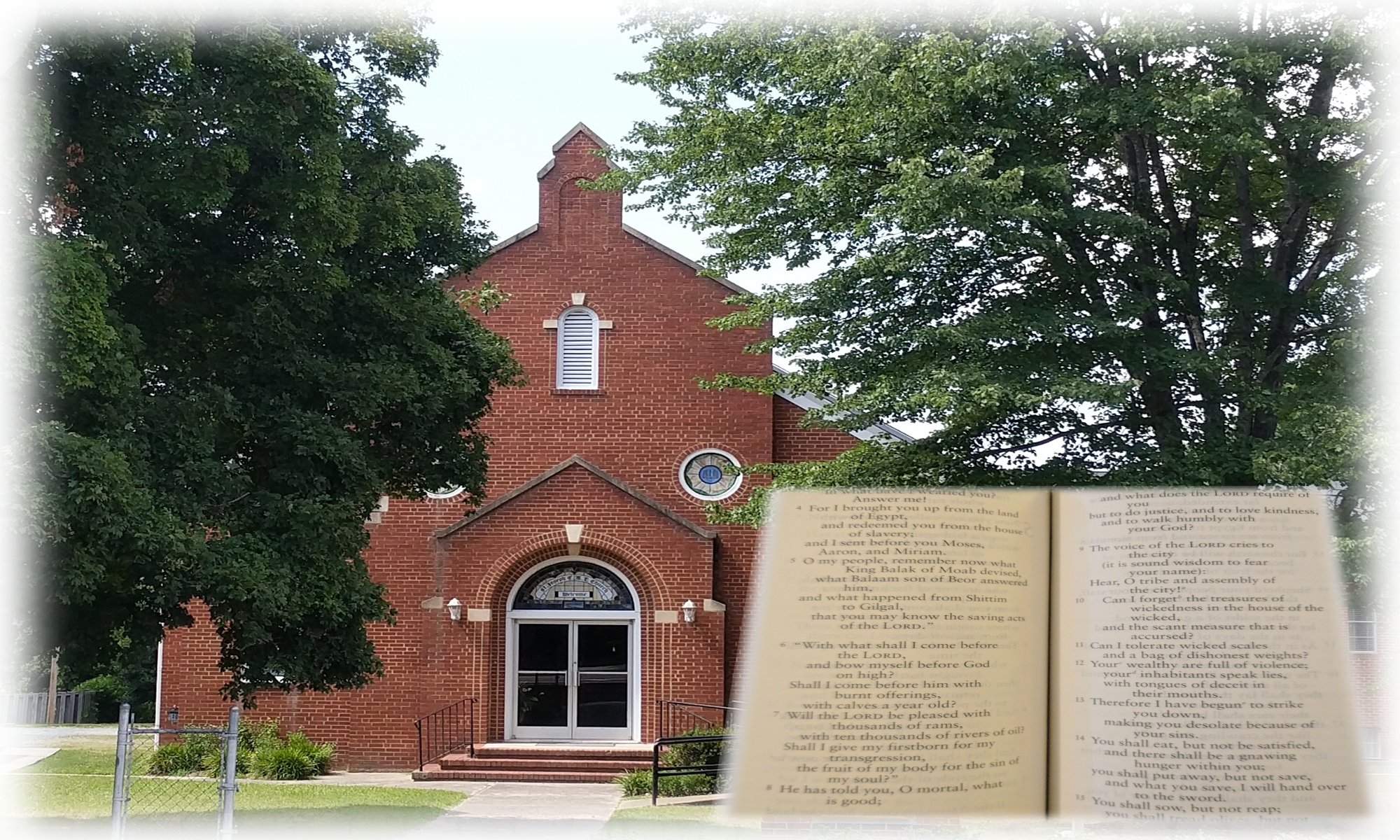
In this morning’s class we had a stimulating discussion of a rather obscure passage seldom read at church. Jotham’s fable ( Judges 9:7-21) is a strongly anti-monarchy tale that many christians would not find relevant to today’s church, and this is probably why it is seldom read in church. Still, Jotham’s criticism of his brother being declared king is framed in ethical terms (“acting in good faith”), and those ethical questions still remain relevant in our time. What are the implications of our choice of people to govern over us? When we choose candidates, are we acting in good faith?
We also looked at the name of Jotham’s father used in the introduction to the fable (Judges 9:1-7). There he is called Jerubaal. In the previous chapters he has been called by that name only once, and the rest of the references to him use the name Gideon. As is often the case in biblical stories, the names are important. “Jerubaal” could mean “Possession of Baal” (i.e. one dedicated to the Canaanite god, Baal), but the name “Gideon” is related to a Hebrew word meaning “to cut down.” Jerubaal/Gideon is presented in the previous chapters as a charismatic leader who left the worship of Baal and “cut down” the Asherah’s (wooden poles representing the goddess often portrayed as the consort of Baal and sometimes even the consort of YHWH) and destroyed the alters of Baal.
After Gideon’s death, the people of Shechem act in bad faith toward his family, killing all of his sons except two: Abimelech, whom they name king, and Jotham, who condemns them for doing so.
I did not mention the meaning of Jotham’s name (יוֹתָם) this morning, but you may find it interesting: “YHWH is complete, without blemish.” His brother Abimelech’s name means “My father is King.”

You must be logged in to post a comment.